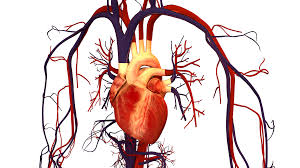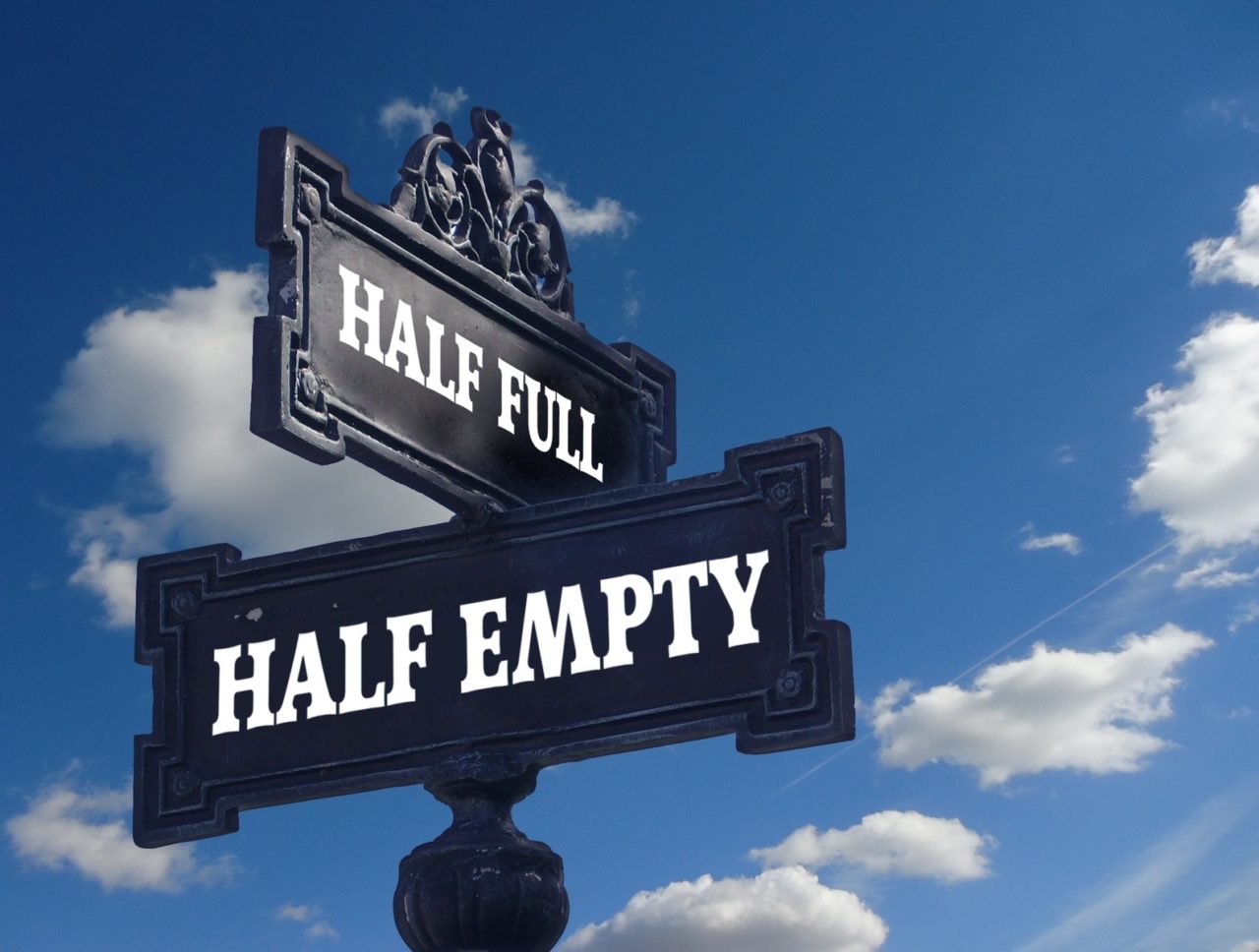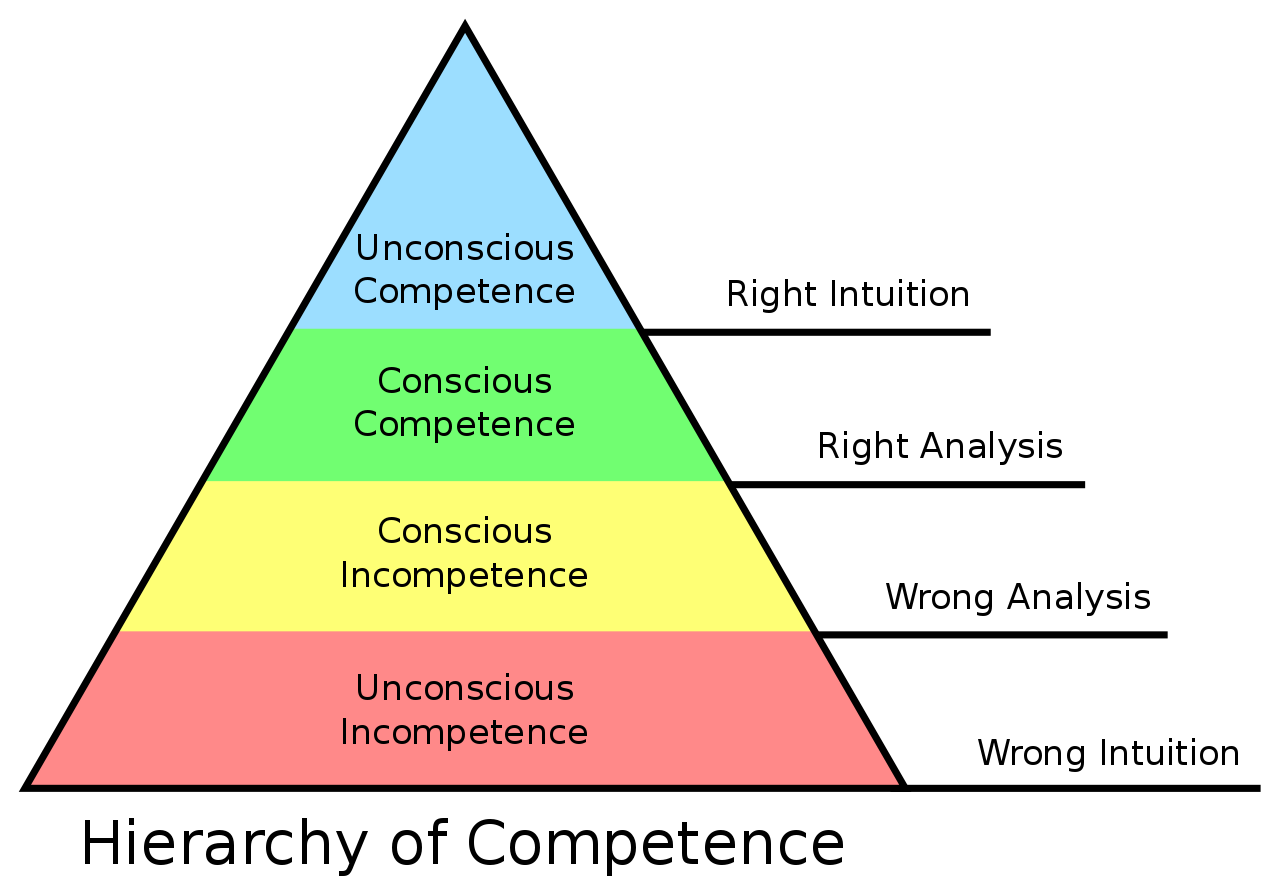Circulation

So, I'm often wondering about the biology and biochemistry that takes place from when we're in a state of hightened stress to lower, from anxiety to relaxation. This mostly happens when I take a break and I wonder what's going on as I take that break or as I meditate, beyond the mental side of things.
At the moment I'm running a few theories in my mind or at least testing how the frame that they create might change my perception of my experience. I suppose this is shifting into experiential learning once a theory has been gained in order to test it and see where it fits. One of these is the Aboriginal concept of 3 brains - head, heart and stomach which in the west is thinking, following our heart and our gut reaction. My application of this recently has been to wonder whether they could represent a way to shift state and perspective that might be therapeutic, particularly in dealing with raised levels of anxiety.
For example, if I am aware of feeling anxious (right now I'm about a 3 or 4 out of 10) then I might want to bring that down as it's not necessary for me to perform in this circumstance. I have a number of different tools I can use - listening to calming music, going for a walk, meditating... though in each case, what is happening on a biological and is that connected at all to my conscious awareness of these things.
As I breathe in meditation I'm aware of my breath, but also aware of my heartbeat and how the pace of my heart relates to the pace of my breath. On some level, I'm conscious of this relationship and whether or not my heart is beating strongly or too fast as this makes me wonder whether the breathing is actually working - it's certainly one of the measures.
This drove my mind towards the idea of my heart itself and what role it is performing in providing nutrients to my body. Having done a little research, it seems that the body contains about 5 litres of blood (https://www.livescience.com/32213-how-much-blood-is-in-the-human-body.html). This represents 1/14 th or 7% of the volume of our body which is about 71 litres in total volume, including everything. (https://www.quora.com/Whats-the-volume-of-average-human)
I wondered whether the heart was capable of pushing that entire volume around once each heartbeat, whether or not that was part of how our circulation system worked so looked at how much blood the heart pumps each minute and turns out that it pushes around 5 litres a minute https://www.webmd.com/heart-disease/high-cholesterol-healthy-heart#1). Interesting right? So the heart pumps around the volume of blood that is in our body once a minute.


